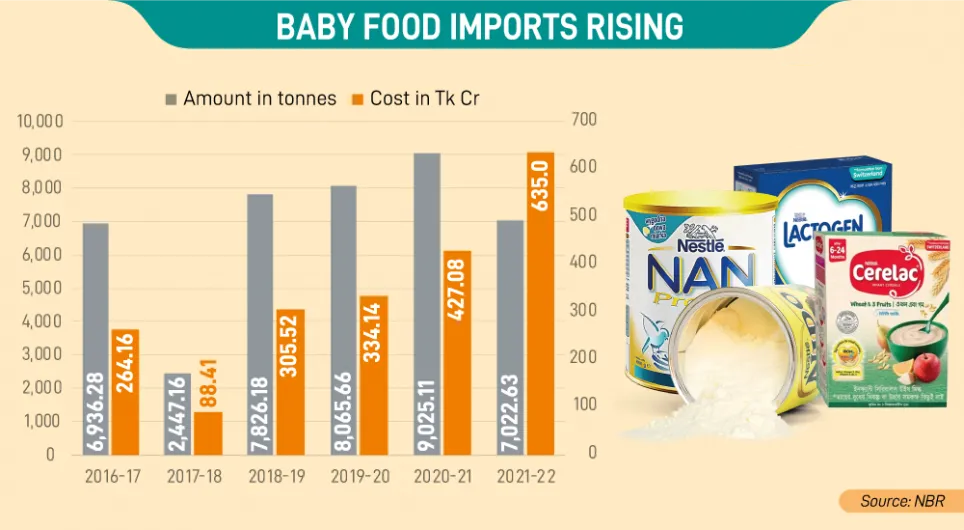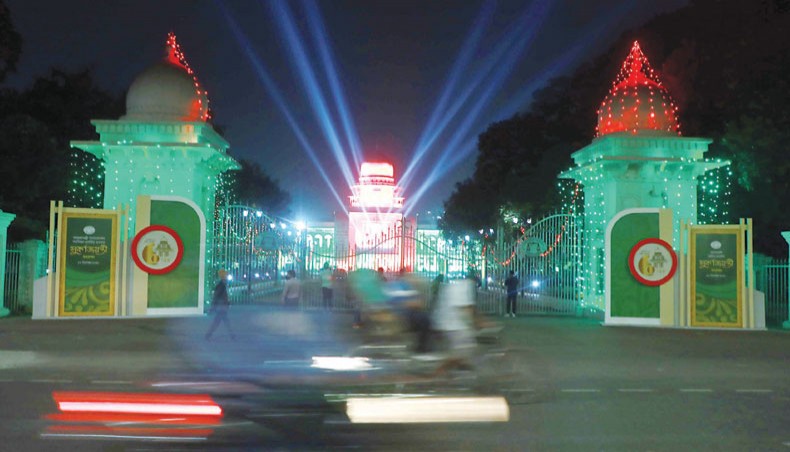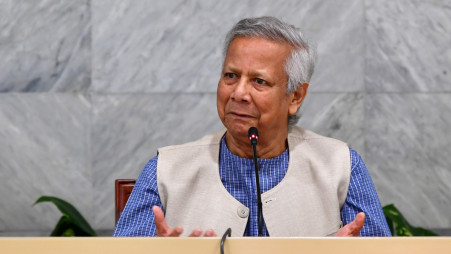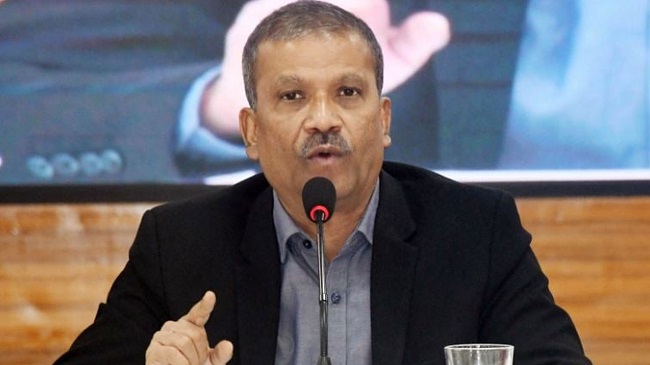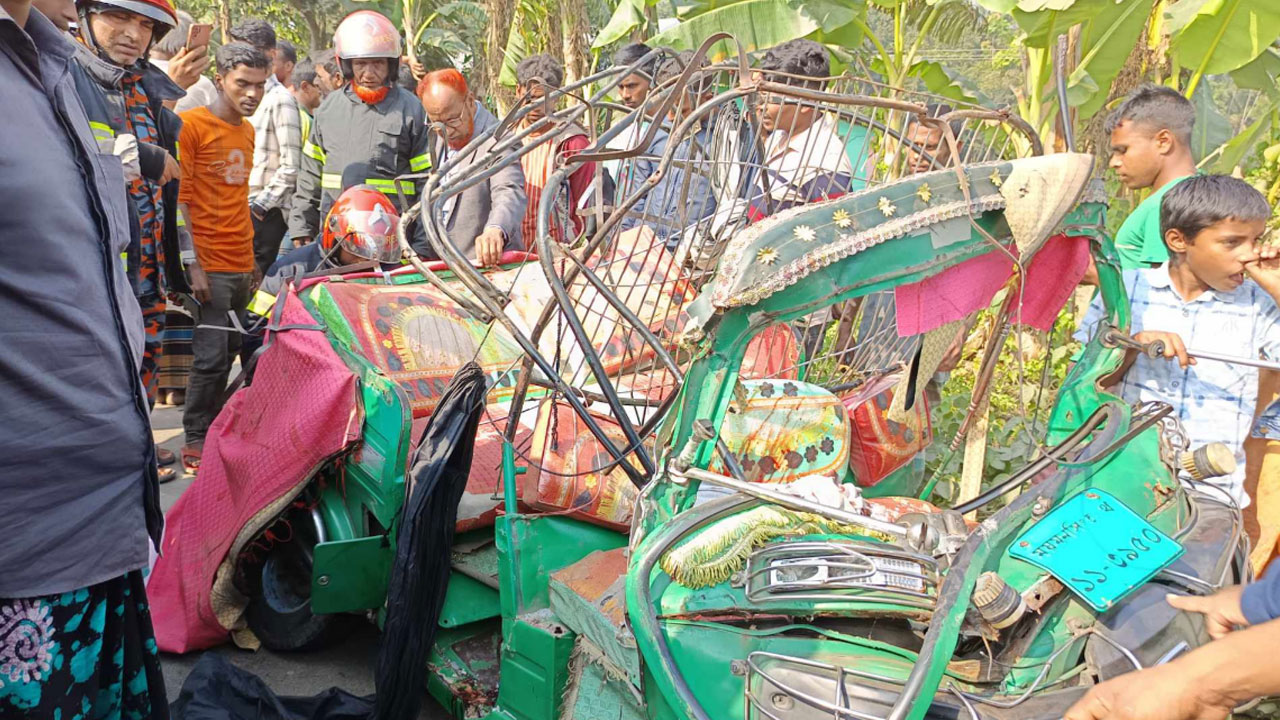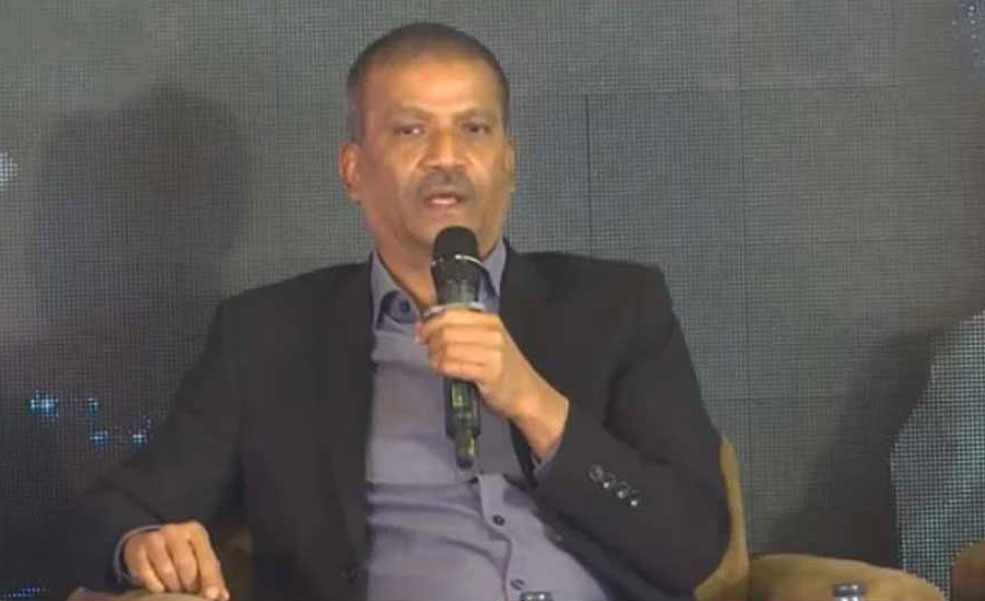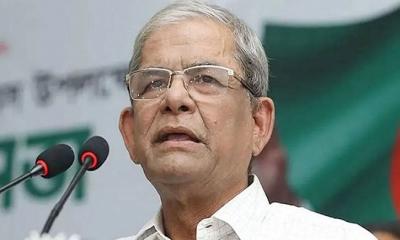The National University has failed to bring about changes yet in its curriculum to impart necessary skills to students so that they can qualify for the country’s job market.
Thousands of students obtaining higher degrees from colleges under the NU every year crowd the job market, mainly dominated by private sector employers.
But some 66 per cent of NU graduates remain unemployed as their subjects and skills do not often match the criteria set by private sector employers, according to a survey released in September 2021 by the Bangladesh Institute of Development Studies.
Kamruzzaman Kamal, a director of the PRAN Group, told on Saturday that NU graduates lacked communication skills in comparison with graduates from other universities.
‘This [communication skills] is one of the most essential attributes to qualify for jobs,’ said the executive of one of the country’s largest business houses.
The NU, established in 1992, had 34.25 lakh students in 555 government and 1700 non-government colleges in 2021, according to the university website.
The BIDS survey also found that most of NU graduates remained unemployed as the subjects they studied were not relevant to the job market requirements.
Besides, NU graduates lack necessary skills in information and communications technology too, according to the survey.
NU director Md Ataur Rahman said that they had planned to introduce post-graduate diploma courses on a dozen subjects or so soon at colleges in the capital against the backdrop of criticisms that the NU has largely become an entity to dish out certificates.
The courses will include diplomas in language, hospitality management, security management and cyber security, Ataur said, adding that the institution will introduce such courses outside the capital only after a successful piloting.
The NU official said that the university was also waiting for the finalisation of a strategic plan aimed at overhauling the overall college education system under NU supervision.
The National Strategic Plan for Higher Education in Colleges in Bangladesh 2023–30 has been drafted by the College Education Development Project under the education ministry and funded by the World Bank.
Educationists, however, doubt the success of the plan prepared on the basis of suggestions made by foreigners.
In the past, the government had prepared such strategic plans on many occasions.
‘But those did not yield any positive results,’ said Distinguished Professor Mohammad Kaykobad of BRAC University’s computer science and engineering department.
Reminding that students from Malaysia and South Korea had sought higher studies in Bangladesh in the past, he said that the situation was now opposite.
‘Many Bangladeshis now seek higher education in Malaysia,’ he noted.
Educationists suggested more budgetary allocation for the country’s education system to address inadequacies and problems plaguing the education sector.
The shortage of quality teachers is one of the problems.
In 2020, the student-to-teacher ratio in non-government colleges was 25:1 and 91:1 in government colleges whereas the ideal ratio is 15:1.
Not only is there shortage of teachers in NU colleges, but most of these colleges lacked necessary facilities to produce eligible graduates in line with the job market demands, said Kaykobad, also a former professor at the Bangladesh University of Engineering and Technology.
Only a 2 per cent of GDP allocation for the education sector is not enough to improve the quality of education, he added.
The NU offers BA, BBA, BSc and postgraduate and professional degrees through its affiliated colleges most of which take students often way beyond their capacity.
A lack of necessary library, laboratory and IT facilities is also a common feature at private colleges many of which are believed to have been given licence on political consideration.
Education minister Dipu Moni, while responding to comments made by a lawmaker in the parliament on the BIDS study on NU graduates, said that the NU had to allow many colleges to introduce higher degrees despite having a serious shortage of quality teachers and infrastructure.
The draft National Strategic Plan for Higher Education in Colleges in Bangladesh 2023–30 has recommended creating opportunity for need-based technical and vocational education instead of creating scope for increased general higher education at NU colleges.
Besides, the draft plan advised putting the colleges under the framework of the Bangladesh Accreditation Council.
The strategic plan also recommended reconstituting the governing body of each non-government college, which will consist of 10 members, including two female ones, instead of current 15 members.
Project director Mohammad Khaled Rahim of the College Education Development Project said that many other issues were also elaborately discussed in the draft plan.
He said that they were trying to finalise the draft plan after taking opinions from all stakeholders.
‘In the past week, we held an important workshop attended by education experts,’ he said told New Age on Thursday.
Additional secretary Belayet Hossain Talukdar of the education ministry said that the ministry was waiting for the finalised strategic plan from the CEDP.
He said that the ministry would take consent from prime minister Sheikh Hasina to start implementing the plan.



